Efforts underway to tackle Lebanon’s financial crisis: Central bank governor
The governor of the central bank of Lebanon, officially known as Banque du Liban, says efforts are underway to tackle the worsening financial crisis that has caused several businesses to close and many people to lose their jobs amid growing fears about the country's economic future.
“We are solving the crisis gradually and after October 17 the banks closed and this is what created turbulence in the market,” Riad Salameh told reporters in the capital Beirut after a meeting of the Lebanese parliament's budget and finance committee on Thursday.
He noted that legal measures will be taken to determine the fate of sums of money allegedly transferred from Lebanon to Switzerland.
Asked whether Lebanon is going to contact Switzerland to inquire on the issue, Salameh said, “We have to confirm first whether these remittances actually came out of Lebanon,” noting that the inquiries will affect “politicians and bank owners.”
He assured that the traces of transfers cannot be hidden as “nothing can be concealed.”
MP Fadlalah: Around 11 billions of US dollars of banks’ funds abroad
Meanwhile, a lawmaker from the Hezbollah resistance movement attributed on Thursday the country’s liquidity crisis to the high cost of living, stating that the high exchange rate of the Lebanese pound against major international currencies has triggered the current situation.
Speaking at the meeting of the Finance and Budget committee, Hassan Fadlallah said that “around 11 billion US dollars of banks’ funds are abroad,” local LBCI television network quoted him as saying.
The legislator later told reporters that Banque du Liban’s governor does not have information about money transfers abroad.
“An investigation should be launched into all operations related to these transfers,” he pointed out.
Since October 17, Lebanon has been hit by protests that have crippled the country, which is currently in its worst economic and financial crisis in decades.
The protests erupted when the government proposed imposing a tax on Whatsapp calls, along with other austerity measures.
Protesters say they will maintain pressure on the political establishment until their demands for the departure of the ruling elite and an end to chronic economic mismanagement and corruption are met.
On Tuesday, bitter clashes broke out between a group of demonstrators and police forces outside the central bank of Lebanon.
Protesters demonstrated against the economic and financial policies in Lebanon, and demanded a major overhaul of the banking sector.
They also distributed leaflets reading “We are not paying” among passersby, asking all Lebanese to stop paying taxes and fees to the government and refrain from paying back their loans to banks until they are able to get their full rights.
Security forces then intervened, triggering heavy clashes with the demonstrators as the latter were attempting to block the road.
Growth in Lebanon has plummeted in the wake of endless political deadlocks and an economic crisis in recent years.
Unemployment stands at more than 20 percent, according to official figures.
The Lebanese Finance Ministry says the national debt is hovering around $85 billion, which accounts for more than 150 percent of Gross Domestic Product (GDP).
Hamas hails Gaza’s victory over Israel in genocidal war, its forcing enemy to agree to ceasefire
'Capitulation': Israeli officials and media concede Gaza defeat as truce unfolds
'Gaza has won': Social media users react to ceasefire with mix of relief, joy
Iran seeks South Korea’s assistance for AI, fiber-optic projects
VIDEO | Iran's 'Eqtedar' (Power) maneuver
Israel hits HTS military target in Syria for 1st time since fall of Assad
VIDEO | Press TV's news headlines
Israel has slaughtered 13,000 students in Gaza, West Bank


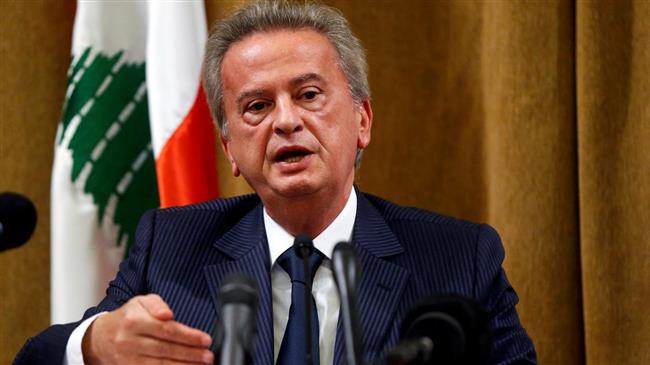



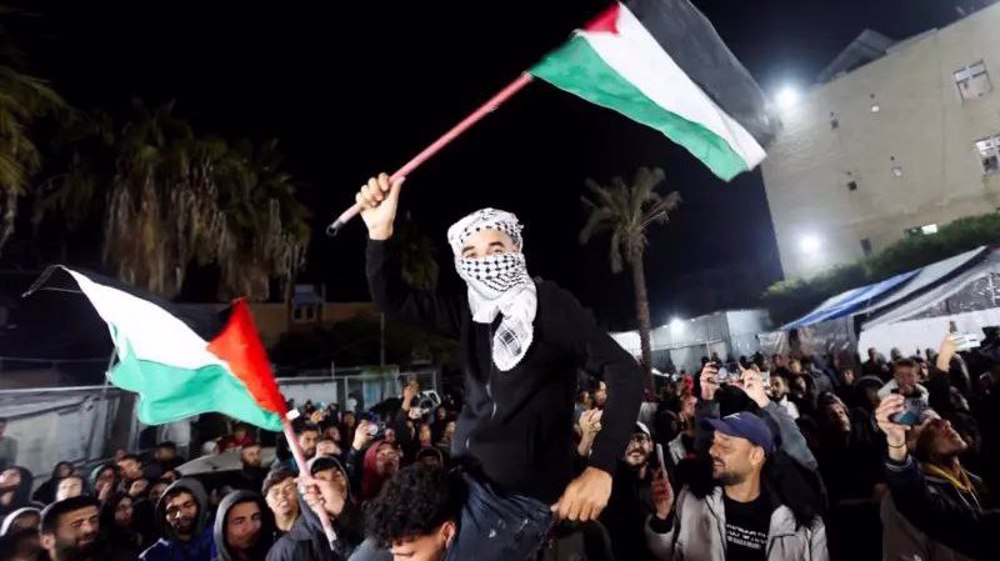
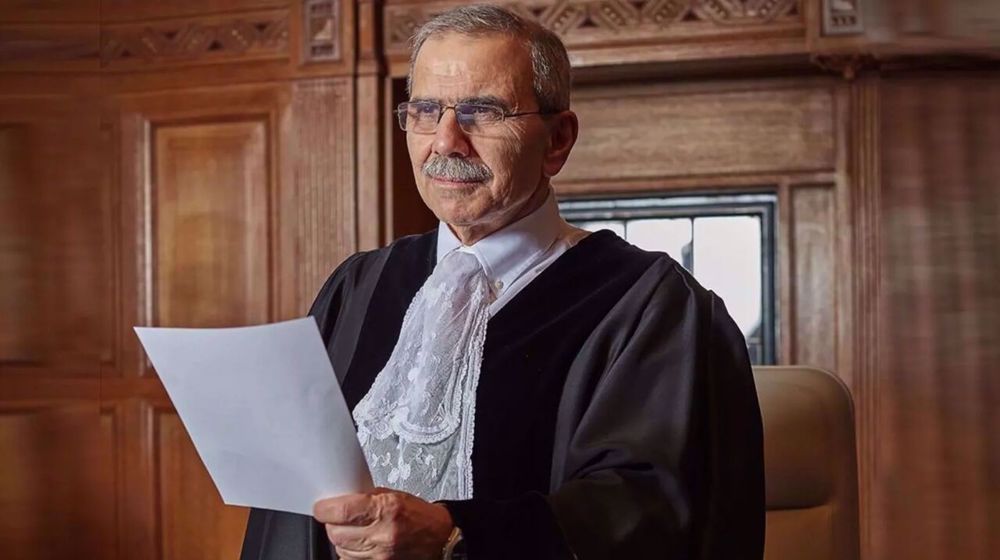
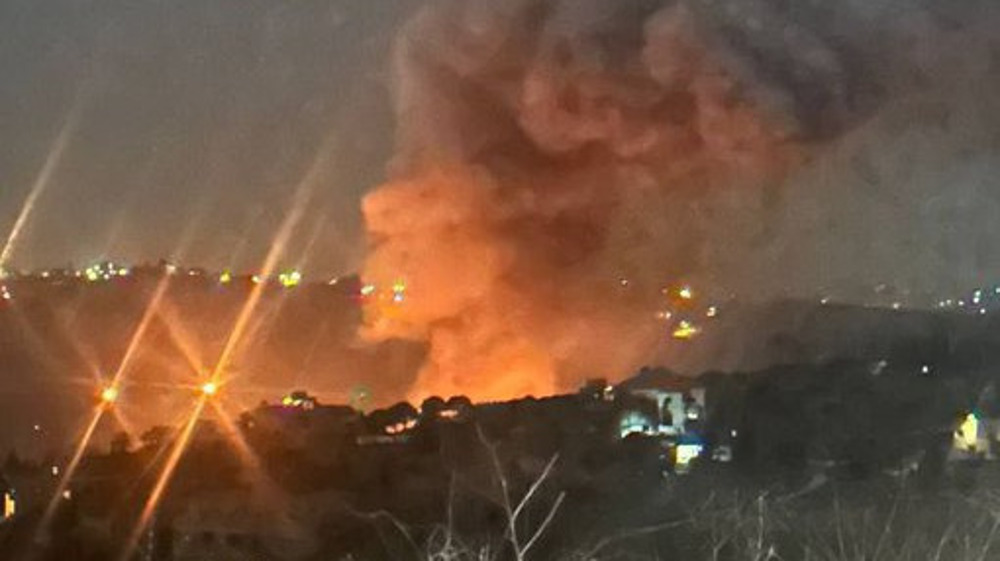



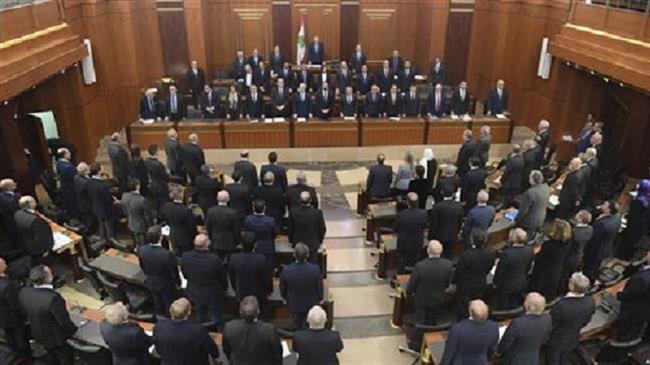
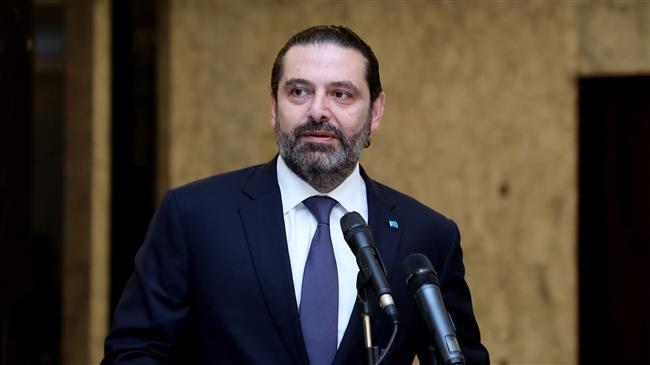
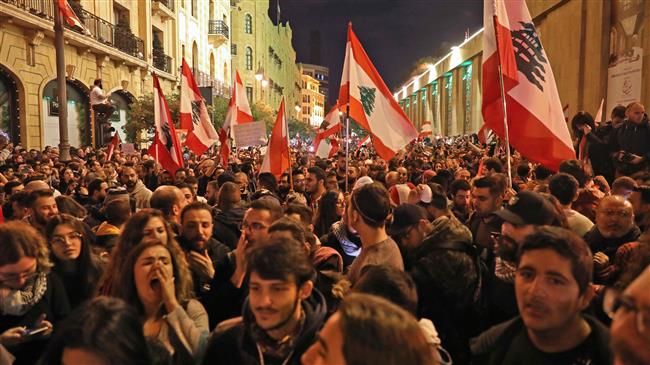
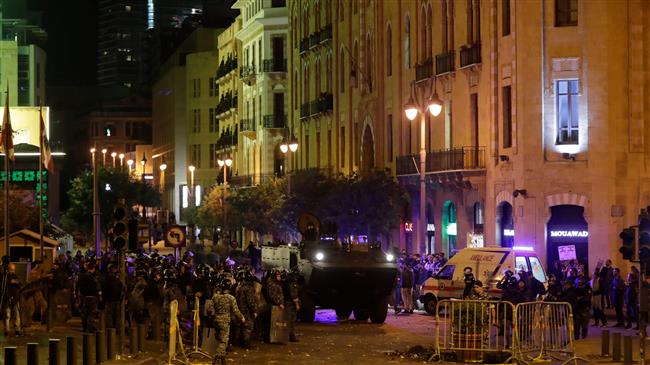
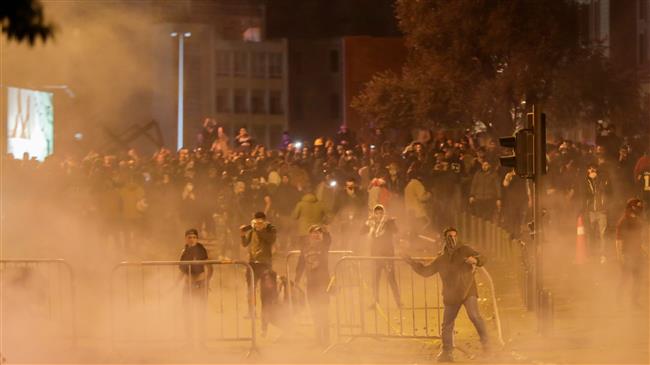
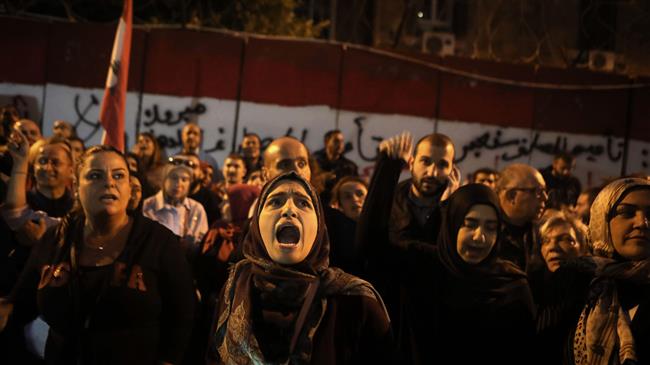


 This makes it easy to access the Press TV website
This makes it easy to access the Press TV website